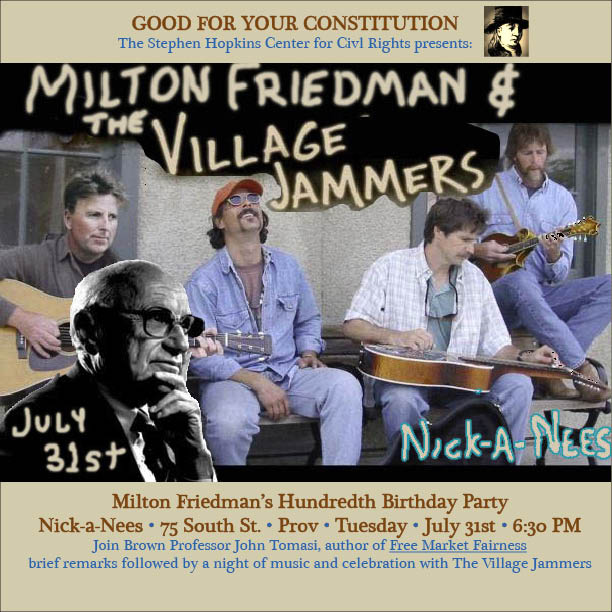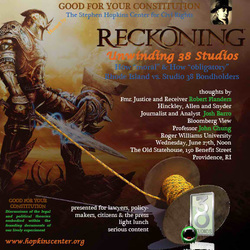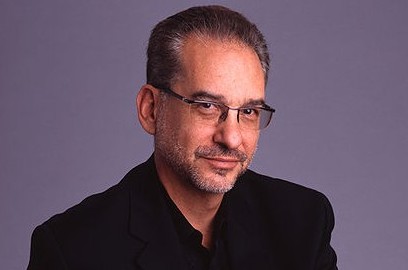The "Good For Your Constitution" Debate and Lecture Series
|
Case Suggestions and RequestsThe Stephen Hopkin's Center for Civil Rights provides free and reduced cost legal representation to Rhode Islanders whose constitutional rights are violated by government. Because our resources are limited, we must carefully choose among meritorious cases that will create broadly applicable precedents, with a primary focus on the Rhode Island Constitution.
We do not take the following types of cases:
If you believe your case fits within the parameters for consideration, email [email protected]. Please give your contact information and relevant information regarding your case. Also, please note that we cannot take case inquiries over the phone or in person. We welcome all inquiries, but due to the large number of inquiries submitted, we are not always able to respond to each one. If your inquiry falls within our area of expertise, we will make every effort to respond as time and resources permit. Please understand that we cannot provide legal advice unless we agree to take your case. Learn more about the Stephen Hopkins Center's legal cases here. If you are interested in donating to the Stephen Hopkins Center for Civil Rights please E-mail [email protected]. |




